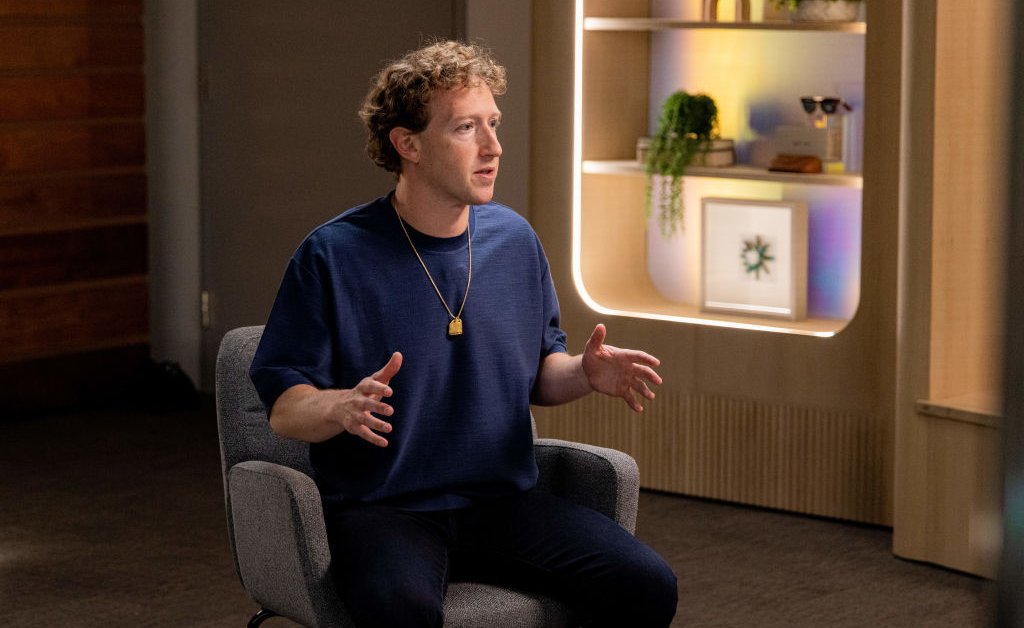The tech industry is currently debating the future of AI, specifically whether powerful systems should be open-source or closed and monitored for dangers. Meta CEO Mark Zuckerberg recently entered this debate by releasing new powerful AI models and advocating for the open-source approach in a manifesto. This move was praised by venture capitalists and tech leaders like Elon Musk and Jack Dorsey, and serves as a philosophical treatise and rallying cry for proponents of open-source AI development. The release comes at a time when global efforts to regulate AI have sparked resistance from open-source advocates who view potential laws as threats to innovation and accessibility.
At the core of Meta’s announcement was the release of its latest generation of Llama large language models, which are Meta’s answer to ChatGPT. Meta claims that the largest of these new models is the first open-source large language model to reach the frontier of AI capabilities. Meta has taken a different approach to AI compared to competitors like OpenAI, Google DeepMind, and Anthropic, who sell access to their AIs through web browsers or APIs to protect their intellectual property and monitor usage. In contrast, Meta has chosen to open-source the weights of its Llama models, allowing anyone to freely download and run them on their own machines. This strategy has put pressure on Meta’s competitors financially and gained it support in the software world.
However, Meta’s open-source strategy has also faced criticism from some in the field of AI safety who warn that open-sourcing powerful AI models has already led to societal harms like deepfakes and could potentially lead to more dangerous consequences in the future. Critics argue that open-source AI models could be misused by bad actors for malicious purposes. Despite this criticism, Meta’s decision to release its AI models as open-source has gained it a significant following and support from industry leaders.
The debate over the future of AI and whether it should be open-source or closed and closely monitored is ongoing within the tech industry. Meta’s recent release of open-source AI models and manifesto advocating for the open-source approach has sparked both praise and criticism. While some see open-source AI as a way to promote innovation and accessibility, others warn of potential dangers and societal harms that could arise from freely available powerful AI models. As the debate continues, it remains to be seen how the tech industry will navigate the challenges and opportunities presented by the development and deployment of AI technologies.









